Week 8: The who, where, and when of happiness
1/24
There's no tags or description
Looks like no tags are added yet.
Name | Mastery | Learn | Test | Matching | Spaced |
|---|
No study sessions yet.
25 Terms
I Self
Experiencing self; current feelings assessment.
Me Self
Remembering self; past feelings assessment.
Duration Neglect
Judgment insensitivity to event duration.
Peak/End Rule
Judgment based on peak and end emotions.
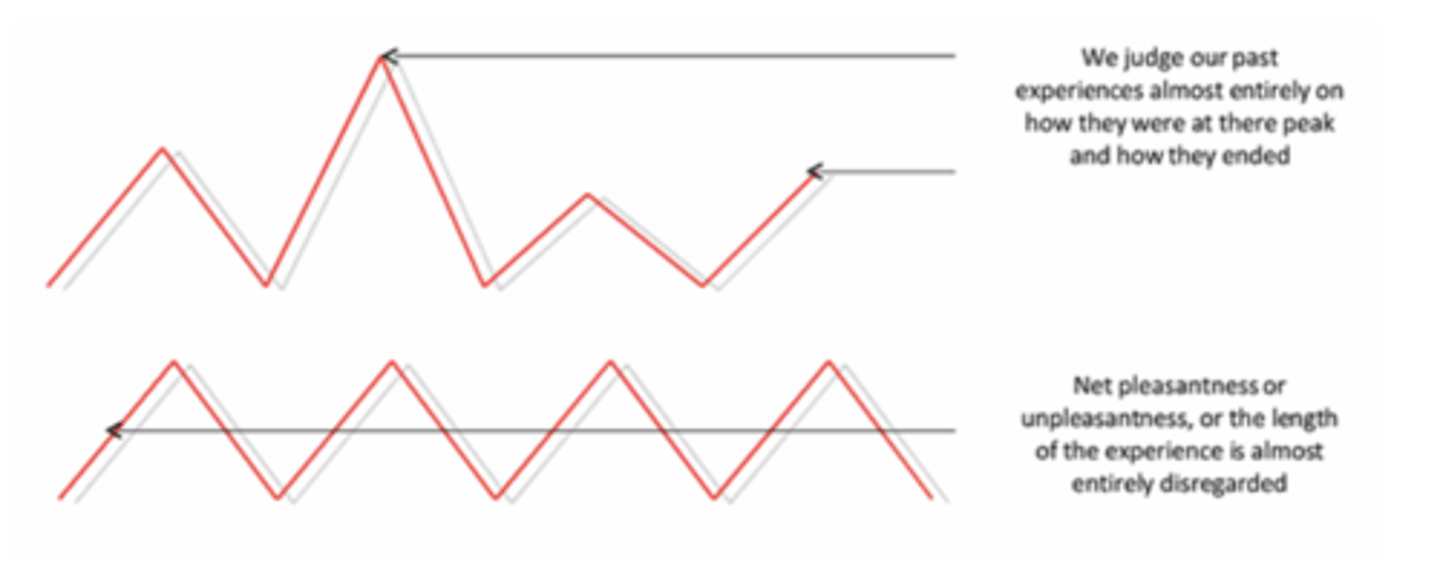
Film clip study - methods
clips shown differing in pleasantness vs unpleasantness and duration
participants provided real-time affect ratings (during) and global affect ratings (after)
What does the film clip study support regarding duration neglect?
There is no significant correlation between duration and evaluations.
What correlation does the film clip study support regarding peak/end?
There is no significant correlation between during and after ratings.
Colonoscopy Study
Longer pain rated less negatively due to the experience at the end.
essentially patient A undergoes a shorter procedure than B, but B's pain at the end of the procedure was less intense
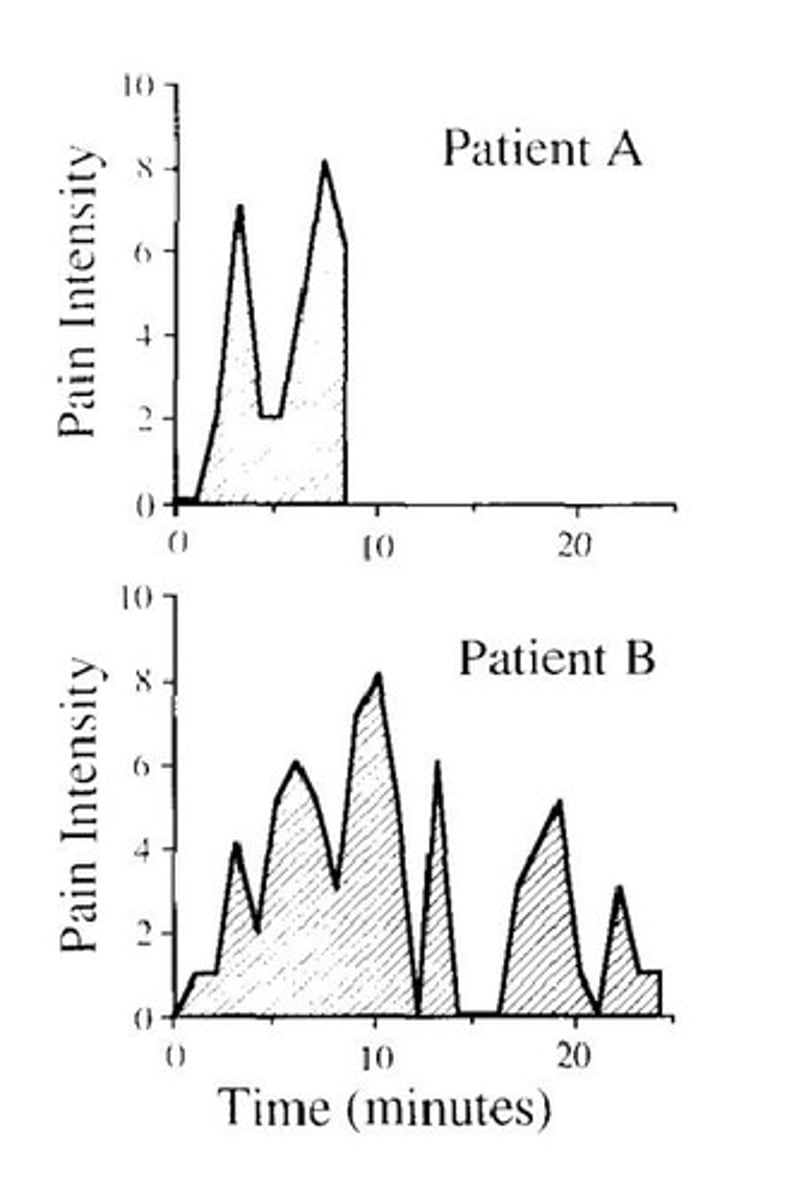
People tend to remember and assess an overall ______ experience as more positive when there is a _______ event at the end
Good experience with bad ending perceived negatively.
Experience B
Bad experience with good ending perceived positively.
Mind-Wandering
Thinking unrelated to current task or goal.

Default Mode Network
Active brain state during rest and mind-wandering.
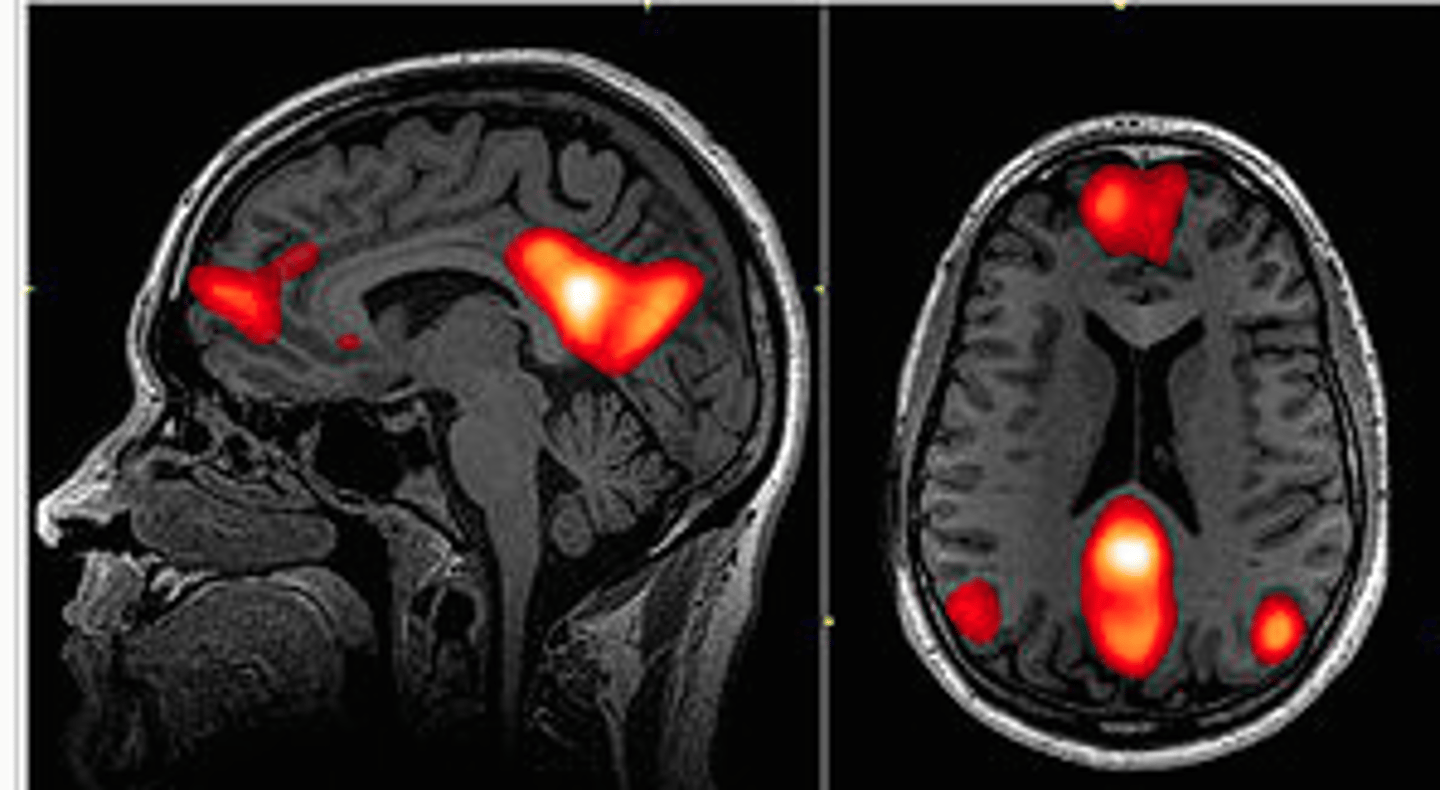
Mind-Wandering and Happiness
Wandering mind correlates with lower happiness levels.
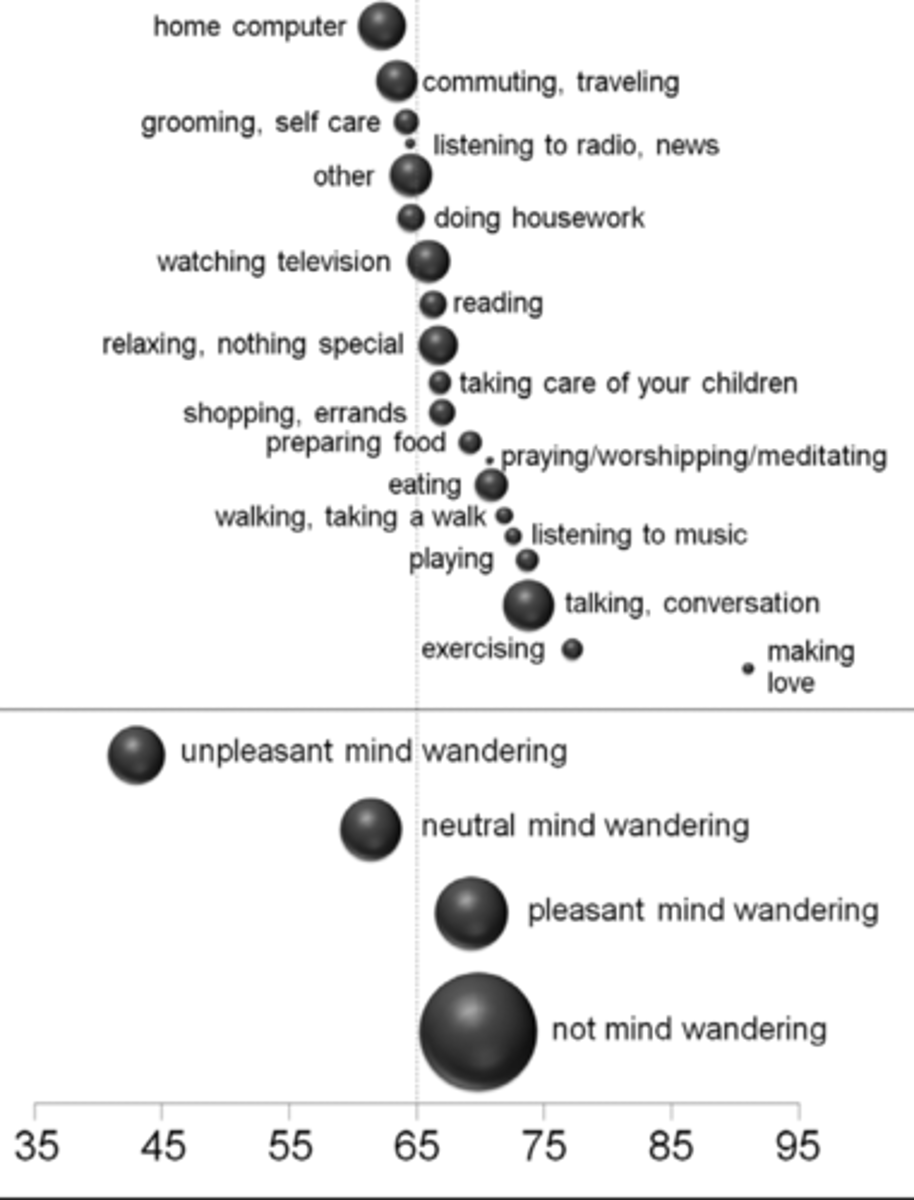
EMA Study -- Methods
Participants reported activities and mind-wandering states.
What was the main finding of the EMA Study regarding mind wandering and happiness?
People were happier when their minds were not wandering than when they were wandering.
Did the effect of mind wandering on happiness vary by activity type in the EMA Study?
No, the effect held for all activities, even the least enjoyable.
What was a stronger predictor of happiness according to the EMA Study?
Mind wandering was a stronger predictor of happiness than activity type.
Mind-Wandering Frequency (EMA study)
Reported in nearly 47% of sampled instances. might be an underestimation though
Flow
Optimal experience described by Mihaly Csikszentmihalyi.
Characteristics of Flow
Absorption, loss of self-consciousness, altered time.
Intrinsic Motivation
Engagement driven by personal interest and challenge.
Skill-Challenge Balance
Match between skill level and task difficulty.
Happiness and Activities
Happiness varies significantly across different activities.
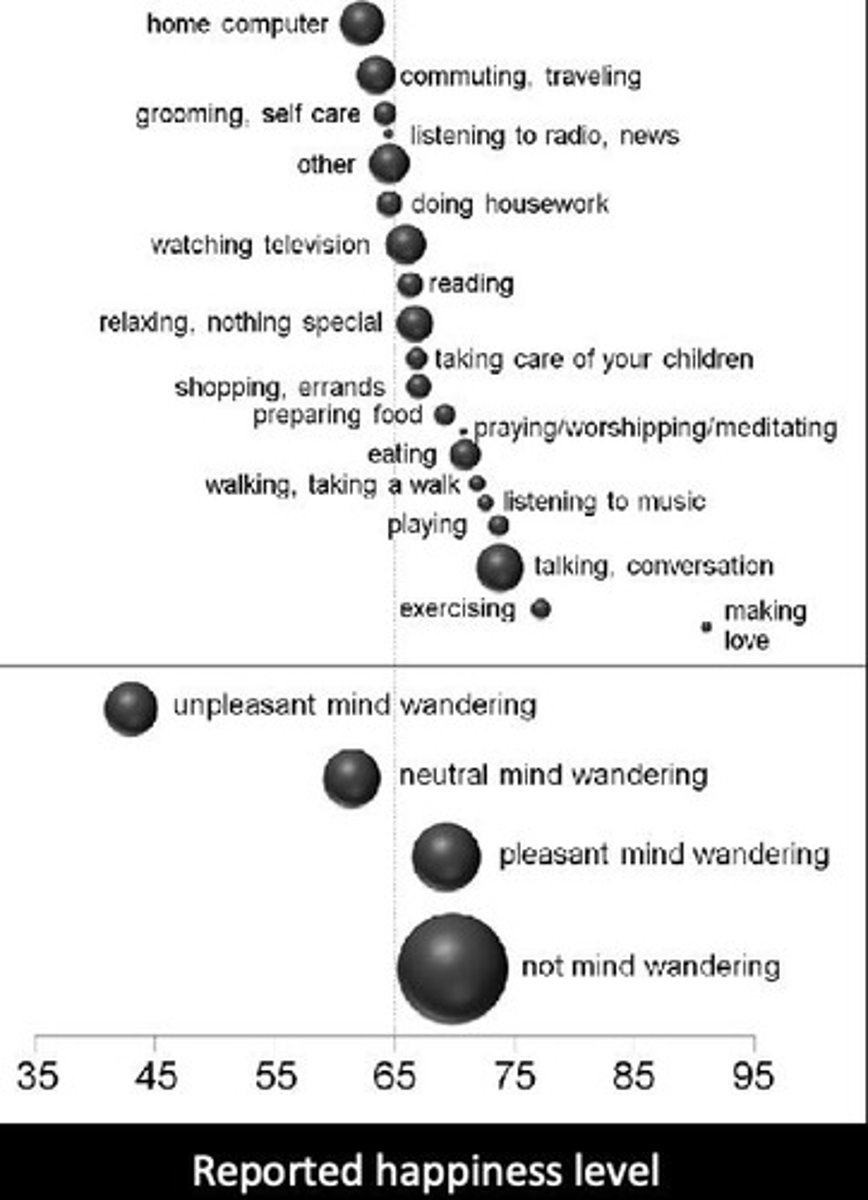
Peak Emotional Periods
Key moments influence overall emotional evaluations.
End Emotional State
Final feelings impact overall experience assessment.